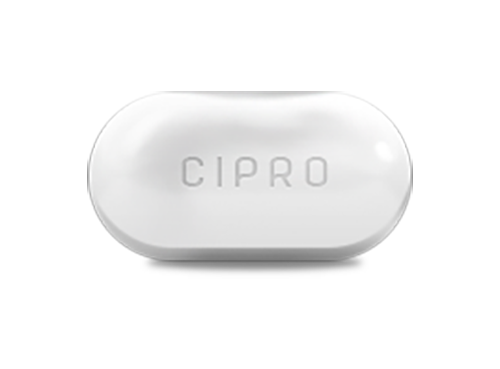What is Doxycycline?
Doxycycline is a broad-spectrum semisynthetic antibiotic belonging to the tetracycline class. It works by inhibiting bacterial protein synthesis, effectively halting the growth and multiplication of pathogenic microorganisms. Its bacteriostatic action makes it suitable for a wide range of infections, including those caused by intracellular pathogens. Due to its versatility and proven effectiveness, doxycycline remains a key option in modern antimicrobial therapy.
Indications for Use
Doxycycline is prescribed for numerous infectious and inflammatory conditions caused by bacteria sensitive to the drug. It is commonly used to treat respiratory tract infections such as acute bronchitis, chronic bronchitis flare-ups, pneumonia, pleurisy, and pleural empyema. It is also effective for ENT infections including sinusitis, otitis media, and tonsillitis.
The drug is widely used for infections of the gastrointestinal tract (cholecystitis, cholangitis, peritonitis, proctitis, periodontitis), urinary tract (pyelonephritis, urethritis), and pelvic organs in women (such as endometritis). Doxycycline is indicated for male reproductive infections like prostatitis and epididymitis, as well as skin and soft tissue infections including severe forms of acne.
It is also used in treating infectious ulcerative keratitis and for the prevention of postoperative infections, particularly after medical abortions and colorectal surgeries. In travel medicine, doxycycline is recommended for short-term malaria prevention in regions with known resistance to chloroquine and pyrimethamine-sulfadoxine.
Other indications include: mycoplasmosis, chlamydia, syphilis, gonorrhea, whooping cough, brucellosis, rickettsiosis, osteomyelitis, Q fever, Rocky Mountain spotted fever, typhus, yersiniosis, dysentery (both bacillary and amoebic), borreliosis, tularemia, cholera, early-stage Lyme disease, actinomycosis, leptospirosis, trachoma, psittacosis, granulocytic ehrlichiosis, and infections caused by Haemophilus influenzae.
Contraindications
Doxycycline should not be used in individuals with hypersensitivity to tetracyclines, during the second half of pregnancy, or while breastfeeding. It is also contraindicated in children under 9 years of age due to the risk of permanent tooth discoloration during dental development.
Patients with porphyria, severe liver dysfunction, or leukopenia should avoid doxycycline. Before using the medication for infections caused by streptococci, staphylococci, Escherichia coli, Shigella, or Acinetobacter, it is important to conduct susceptibility testing.
How to Use Doxycycline
The medication should be taken orally after meals with a sufficient amount of water to minimize the risk of esophageal irritation. The typical adult dosage starts with 200 mg on the first day, followed by 100–200 mg daily depending on the severity of the infection. The daily dose can be taken once or divided into two doses, 12 hours apart.









Reviews
There are no reviews yet.